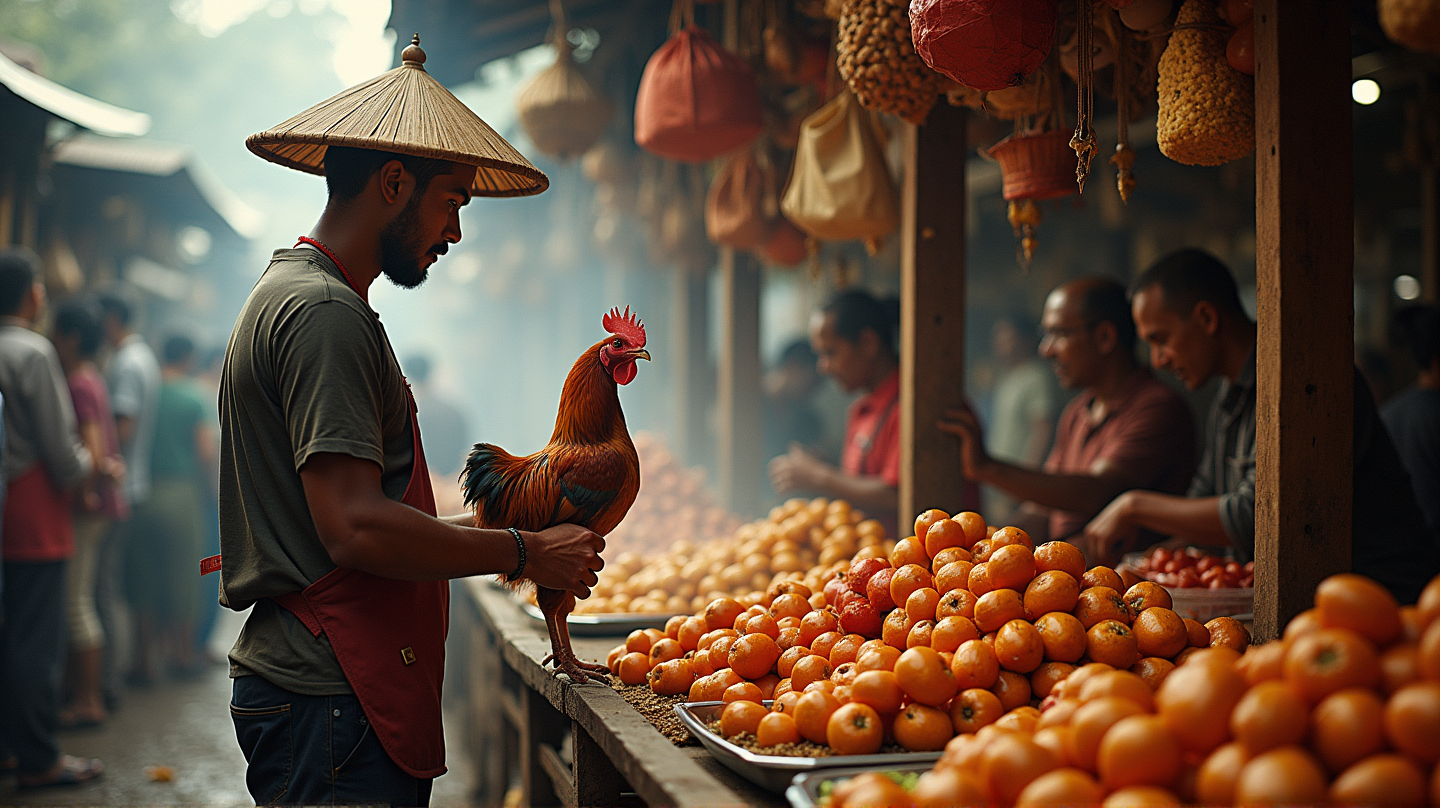Global Protein Shift: Brazil Containment and Thailand's Poultry Growth
With Brazil's HPAI under control, Thailand seizes opportunities amid global protein supply shifts and evolving export dynamics.

Livestock analyst Jim Wyckoff delves into the evolving global protein landscape.
Brazil’s Battle Against HPAI
In what is seen as a significant development in the global poultry industry, Brazil has reportedly brought its HPAI outbreak under control. Agriculture Minister Carlos Favaro announced strong indications of successful containment, paving the way for regulatory discussions with major trade partners. Since the outbreak in Rio Grande do Sul mid-May, many countries, including China and the EU, imposed bans on Brazilian poultry. However, talks suggest potential easing of these restrictions soon as confidence in Brazil’s biosecurity measures grows.
Turning the Tide: Thailand’s Strategic Positioning
Amid Brazil’s challenges, Thailand’s poultry sector sees a silver lining. The temporary absence of Brazilian exports opens opportunities for Thailand, the world’s third-largest poultry shipper, to assert itself in the global market. Thai producers like Charoen Pokphand Foods stand to gain as global milk procurement costs decrease, enhancing profitability. As Brazil undergoes a crucial 28-day observation period, Thailand’s edge in processed exports positions it to fill substantial portions of the market gap.
Potential Economic Impact and Market Dynamics
Market experts, including Pimnara Hirankasi of Krungsri Research, predict Thailand may replace up to 400,000 tons of Brazil’s export shortfall, potentially generating a staggering $1.7 billion. The broader economic impact includes enhanced global market share, particularly in processed poultry products, and significant resilience in face of feed cost reductions.
Global Protein Market Trends
Trade dynamics are not just reshaped by avian flu outbreaks but also by evolving preferences and geopolitical pressures. The Biden administration eyes legislative shifts in school nutrition programs, illustrating how domestic policies can ripple through the global protein supply chain.
Maintaining Competitive Edge in the Face of Challenges
Strategic positioning and swift adaptation are essential. As Brazilian industry leaders engage with global partners, the balancing act of maintaining high safety standards and market appeal becomes ever more crucial. Brazilian producers, while eyeing a return to premier markets like Japan, must continue renegotiating health certificates to align with new global standards established by WOAH.
The global protein landscape remains dynamic and, as shown in these developments, adaptability and strategic foresight are pivotal for sustained growth and resilience. According to The Poultry Site, these shifts highlight the intricate interconnectedness of global trade paths and their trickle-down effects on local economies and policies.





